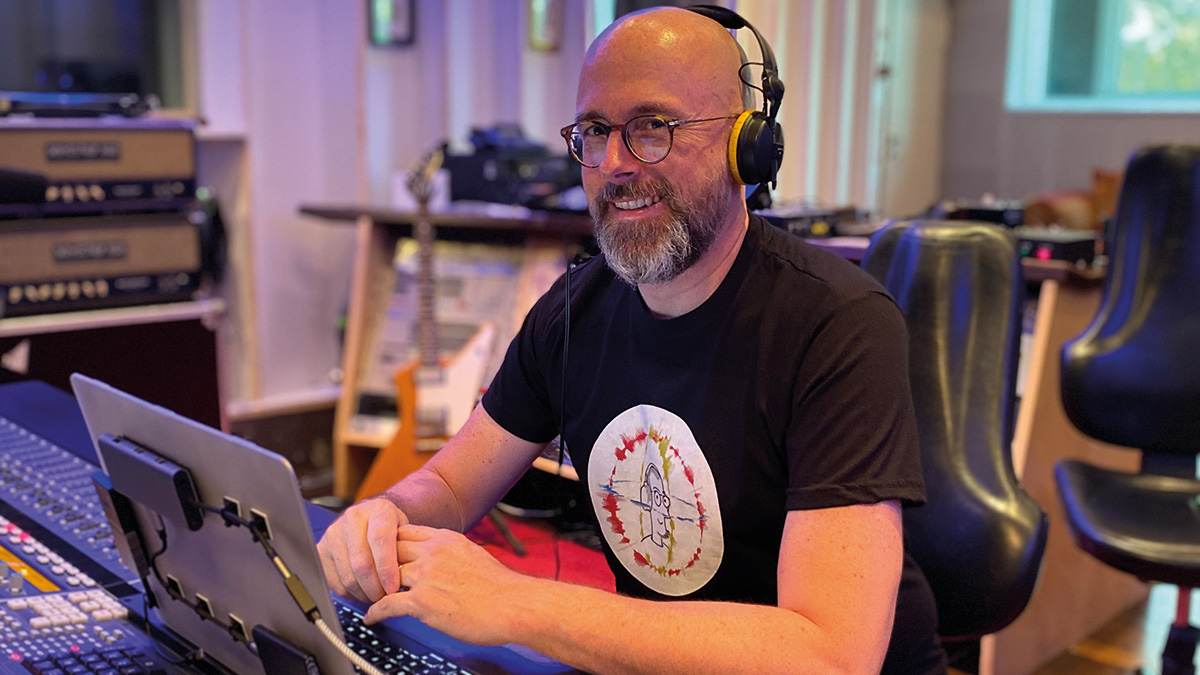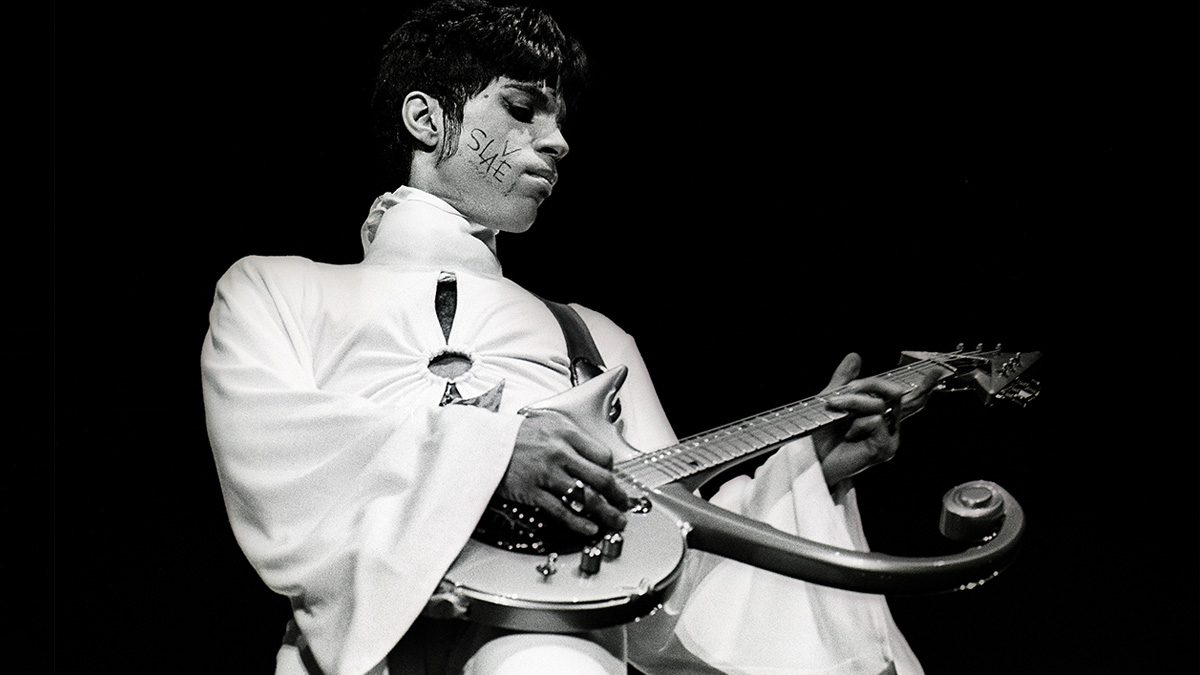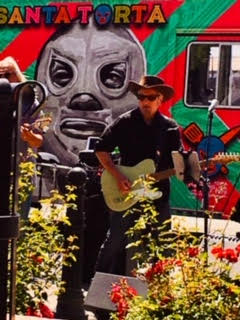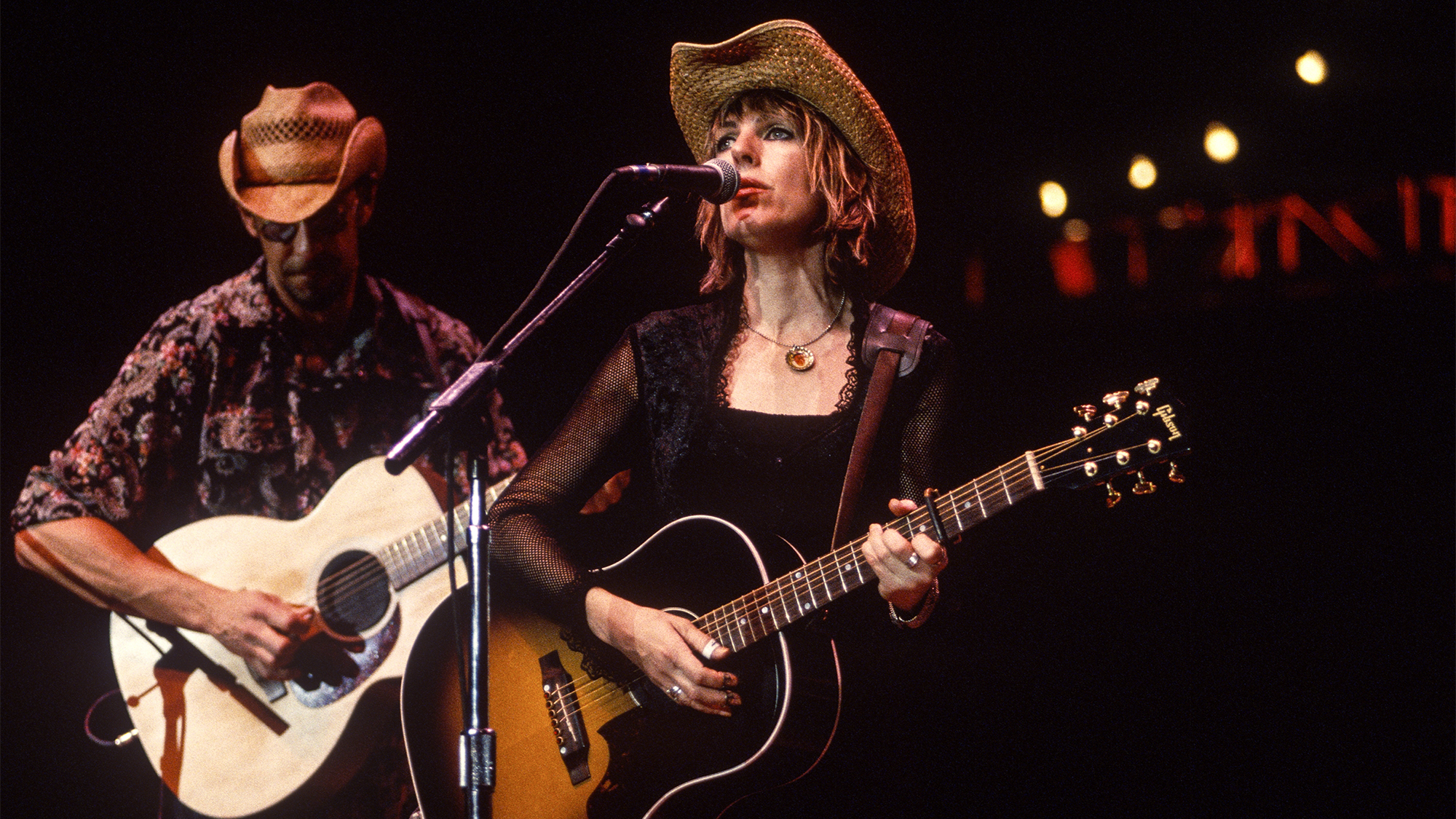Engineer Hans-Martin Buff Recalls Life Working with Prince at Paisley Park
“One of the reasons I got the gig with Prince is because I was young and I was hungry and I was kind of unformed...”

Acclaimed freelance recording engineer and producer Hans-Martin Buff began his career working as a studio tech at Paisley Park in 1995. He summarily became Prince’s recording engineer and worked on the albums The Gold Experience, Chaos and Disorder, Emancipation, The Vault: Old Friends 4 Sale, and Rave Un2 the Joy Fantastic.
“One of the reasons I got the gig with Prince is because I was young and I was hungry and I was kind of unformed,” Buff says. “And Prince had a specific way of working. It was always, ‘I have an idea that I want to put out. You help me capture it.’ And that’s kind of how it was. With a lot of people I work with these days, I offer sounds that help start the ideas for how a project is going to come together, but with Prince it was never that way.
“He had the idea, and he would react to good sounds and then have more ideas. The main thing that I did was to not let technology get in his way when he wanted to express himself. I think that was my main job. So part of the deal for me was to organize the place for his ideas and capture them in a comprehensive way.”

You worked a lot with Prince one on one. What was that like?
I worked with him every day for four years, and most of the things I did was just him and maybe a guest, if he felt like it. Or they started from some kind of jam with the band or some group of people.
When I started in ’96, Kat Dyson was in the band, so she played on a lot of things on the album Emancipation, where I did a substantial part. And she also played on “The Truth,” which is kind of a hidden gem that he stuck onto Crystal Ball.
Kat played on that, and Mike Scott came in as well. I think as far as guitarists, that was it in my day, with the exception of his buddies like Lenny Kravitz or Larry Graham, who did a lot of the bass stuff. But even then, if Prince felt like he had something to say on the bass, he would do it.
All the latest guitar news, interviews, lessons, reviews, deals and more, direct to your inbox!
Did he like to work quickly in the studio?
Yes, super fast. I’ve never seen that before or since. The one thing that’s different from any other artist I worked with is that there was never that phase of, “How should I do this?”
Even accomplished studio guitarists will have to figure out approaches, or noodle about for a while, but Prince never did. He just went for it. He took the guitar and he started recording. Sometimes, of course, he would play something wrong or at the wrong spot, but there was never any fumbling.
The most elaborate arrangement wouldn’t take longer than two hours... he was super fast
How much time would he spend getting sounds?
With guitars, he would take some time going through a whole song and trying out different things. But, like, with vocals, which for a recording engineer is always a huge thing, he would kick everybody out, including myself, and he’d record what he wanted to record.
And the most elaborate arrangement wouldn’t take longer than two hours. That’s the longest he’d ever work on the background vocals and everything else. So he was super fast, because it was never about fucking it up. With Prince, it was always, “The first time is it.” And if he didn’t get it the first time, he would do another version. He wouldn’t go back and question himself.
Do you think Prince was able to conceptualize songs in their entirety?
Well, on “Greatest Romance Ever Sold” [from Rave], he came in with the finished lyrics, and at the end of the day that song was done. So it was pre-formed. But with most of the songs, he built them in the studio. He would start with a basic loop. If there was a Linn Drum – which, toward the end of my tenure, we brought out of the basement – he’d do it himself.
But usually his drummer/programmer, Kirk Johnson, would program a couple of beats, and then he’d start playing guitar or a keyboard over it, and then he would do vocals and he’d flesh it out. The way Prince worked, the recording was actually the act of writing.

Art Thompson is Senior Editor of Guitar Player magazine. He has authored stories with numerous guitar greats including B.B. King, Prince and Scotty Moore and interviewed gear innovators such as Paul Reed Smith, Randall Smith and Gary Kramer. He also wrote the first book on vintage effects pedals, Stompbox. Art's busy performance schedule with three stylistically diverse groups provides ample opportunity to test-drive new guitars, amps and effects, many of which are featured in the pages of GP.
